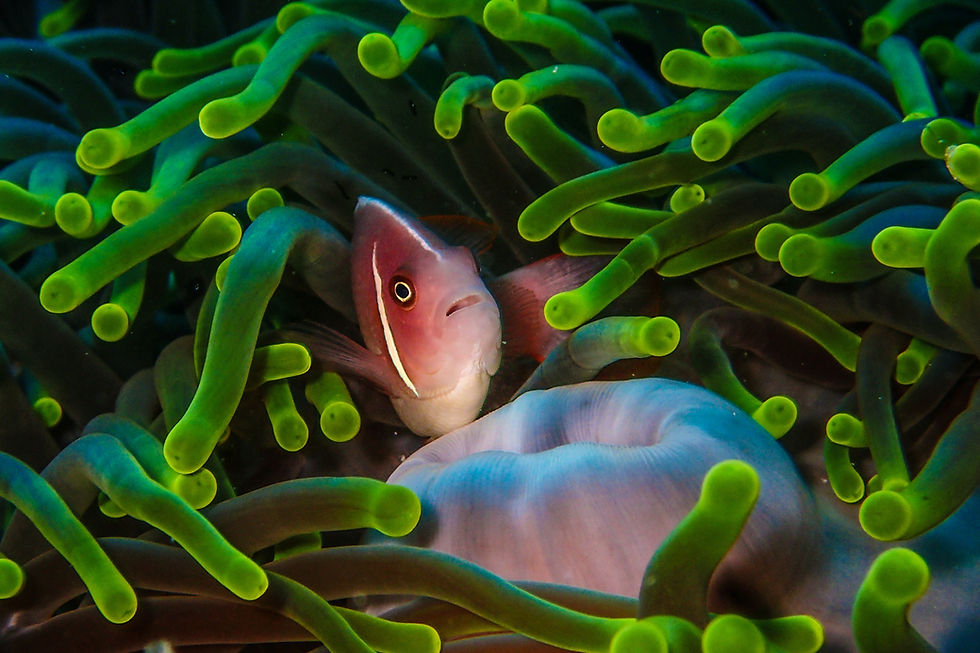A career in marine biology requires education, experience, and passion for the ocean. By pursuing a strong academic background, gaining field experience, and focusing on areas of specialization, you can contribute to the understanding and preservation of marine ecosystems.

How to Build a Career in Marine Biology
Marine biology is the study of life in oceans, seas, and other saltwater environments. It is a field that offers the opportunity to explore and understand the diversity of marine organisms, from microscopic plankton to large marine mammals. In this article, we will discuss how to build a career in marine biology, including the educational paths, skills needed, and potential job opportunities in this exciting field.careers in ocean conservation and how these professionals are addressing the challenges facing our oceans.
Educational Pathways
To pursue a career in marine biology, a strong foundation in the sciences is essential. Most marine biologists hold a bachelor's degree in marine biology, environmental science, or a related field. Many also pursue a master's or Ph.D. to specialize in areas such as marine conservation, fishery management, or marine ecology. Advanced degrees are often required for more research-intensive roles or for teaching at the university level.
Working with marine organisms in the wild or in research laboratories helps you build practical skills that are essential for understanding marine ecosystems
Gain Hands-On Experience
Fieldwork is a critical aspect of marine biology. Internships, volunteer opportunities, and research assistant positions provide valuable hands-on experience. Working with marine organisms in the wild or in research laboratories helps you build practical skills that are essential for understanding marine ecosystems. Fieldwork might include underwater surveys, species monitoring, and data collection in various marine environments.
Specializations within Marine Biology
With the rapid development of new technologies, ocean technology innovators are playing a key role in ocean conservation. These professionals develop cutting-edge solutions such as autonomous underwater vehicles (AUVs), ocean sensors, and data analytics platforms that enable scientists to monitor and protect marine ecosystems more effectively. By using technology to collect and analyze data, ocean technology innovators are helping to shape the future of ocean conservation and sustainable management practices.


